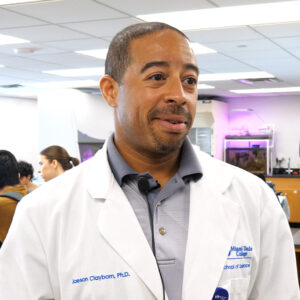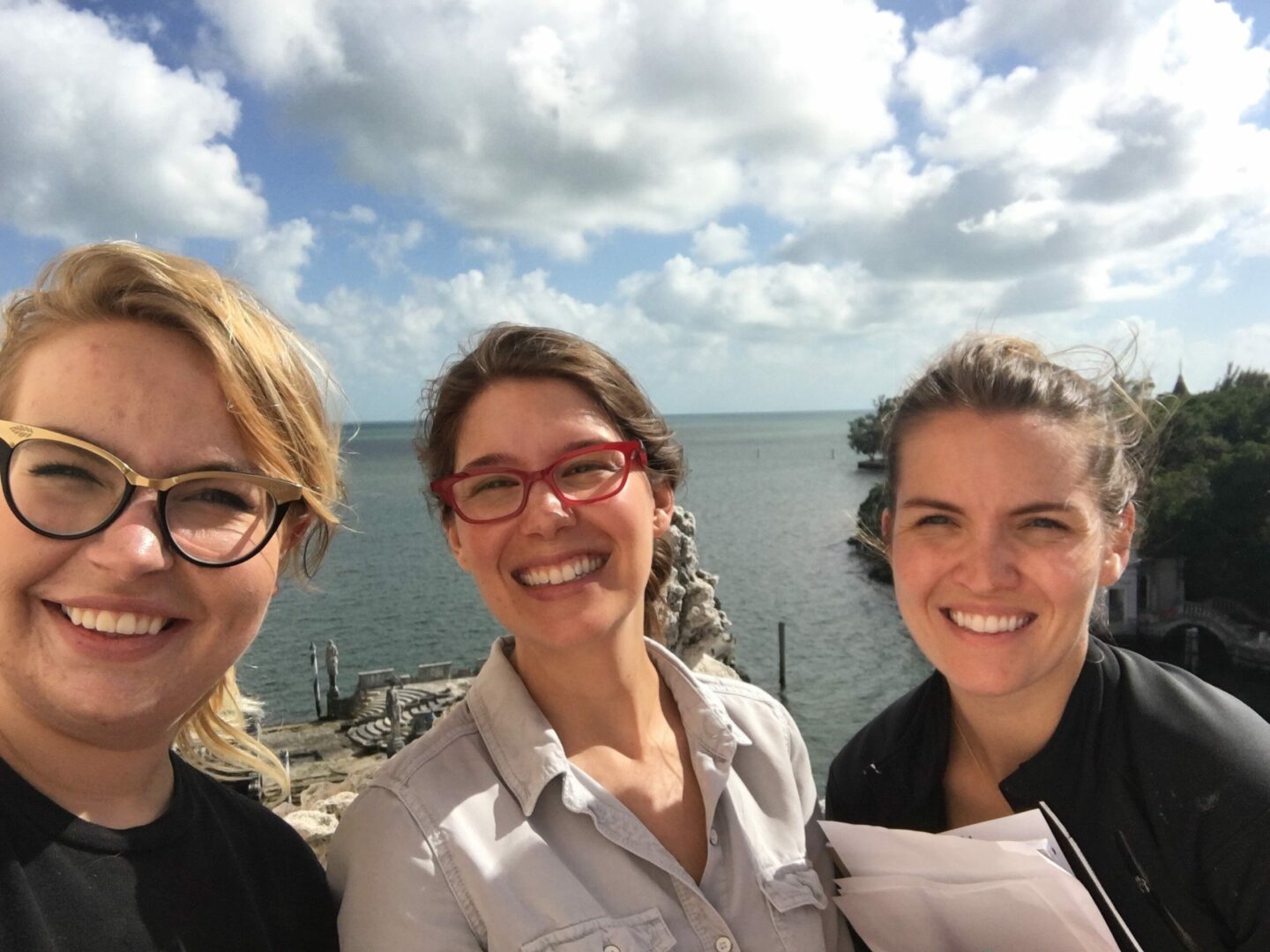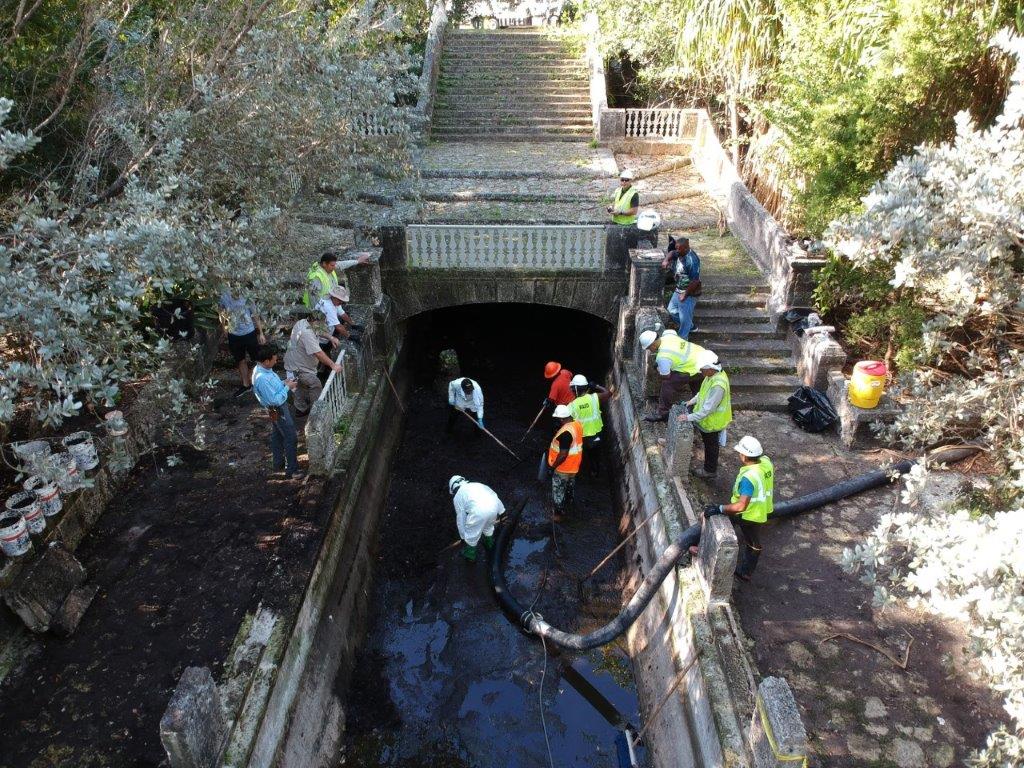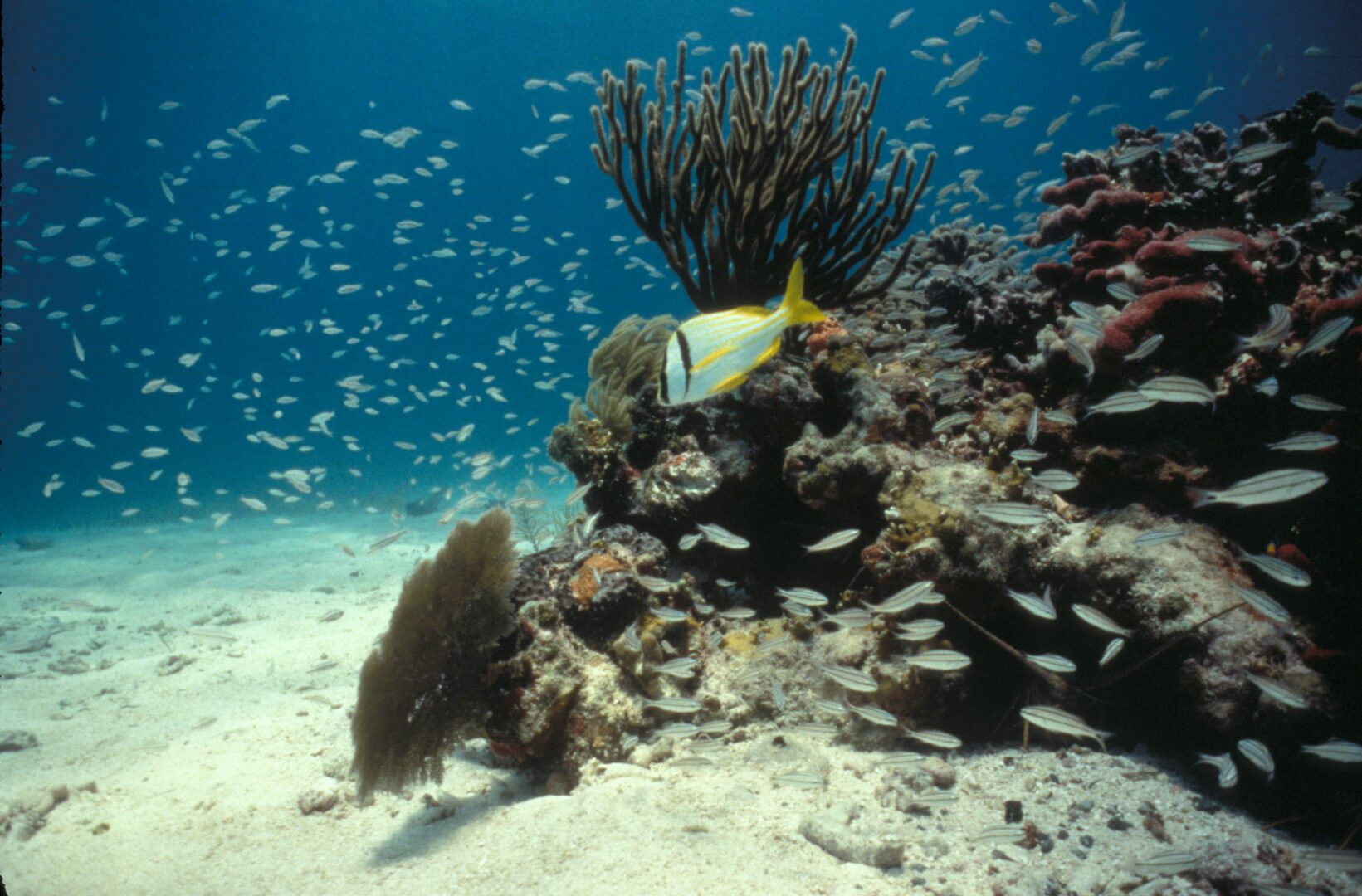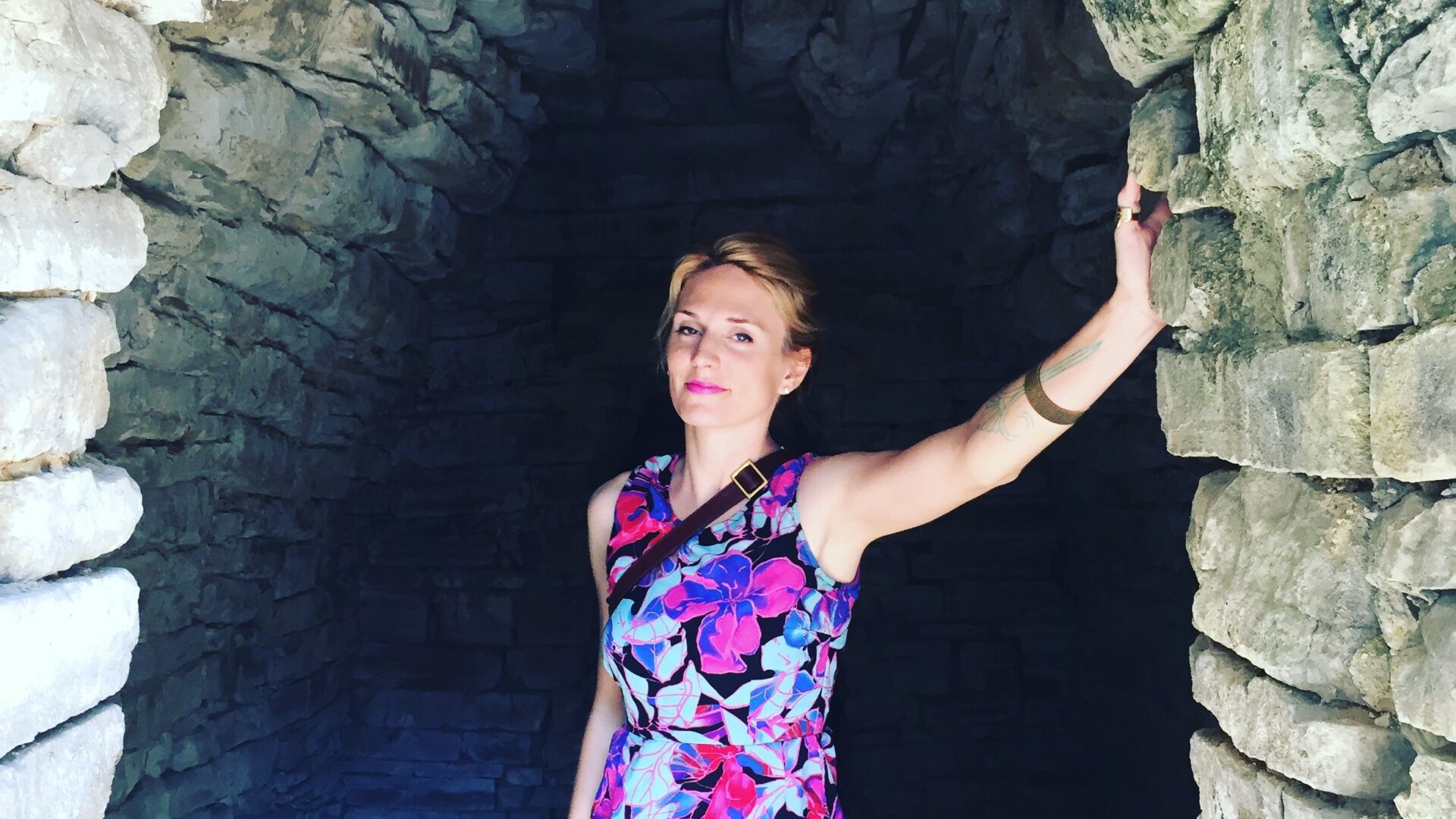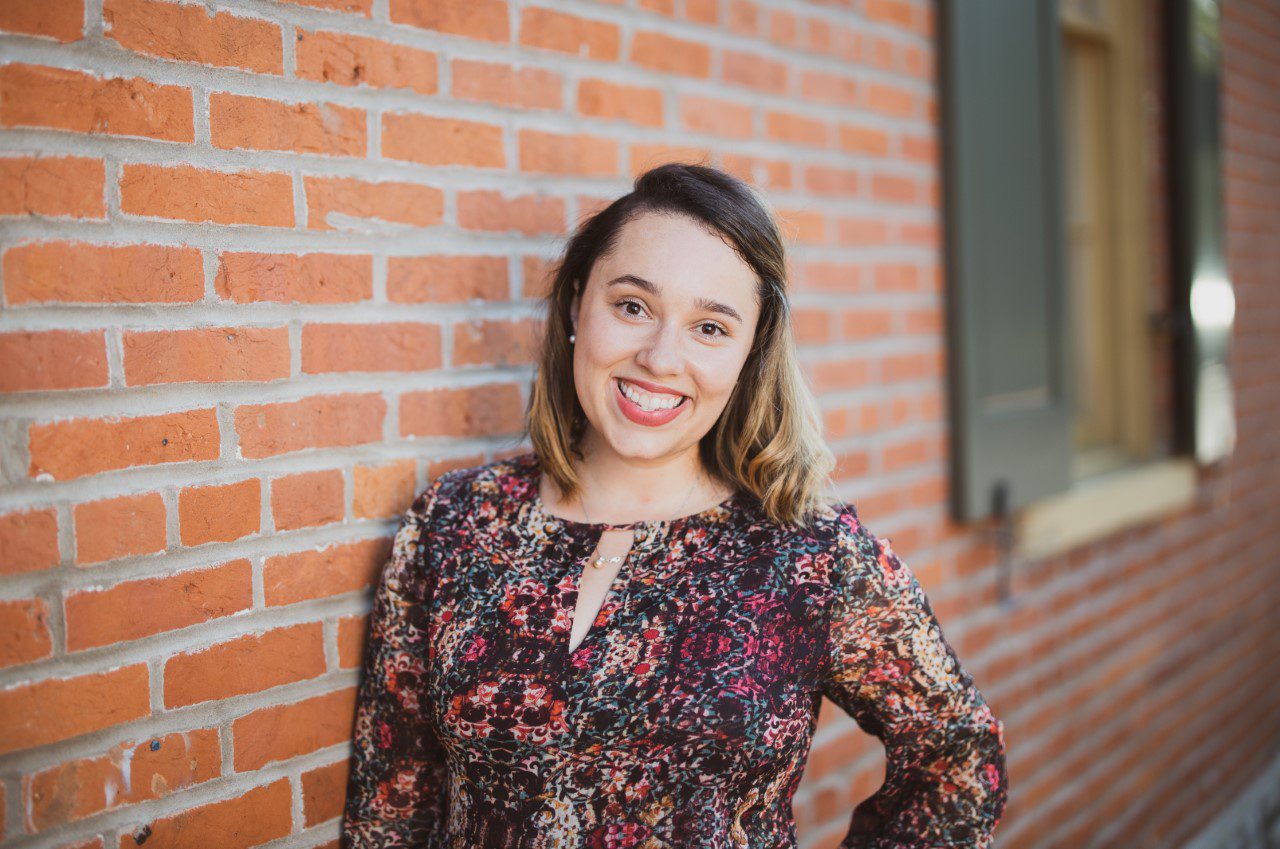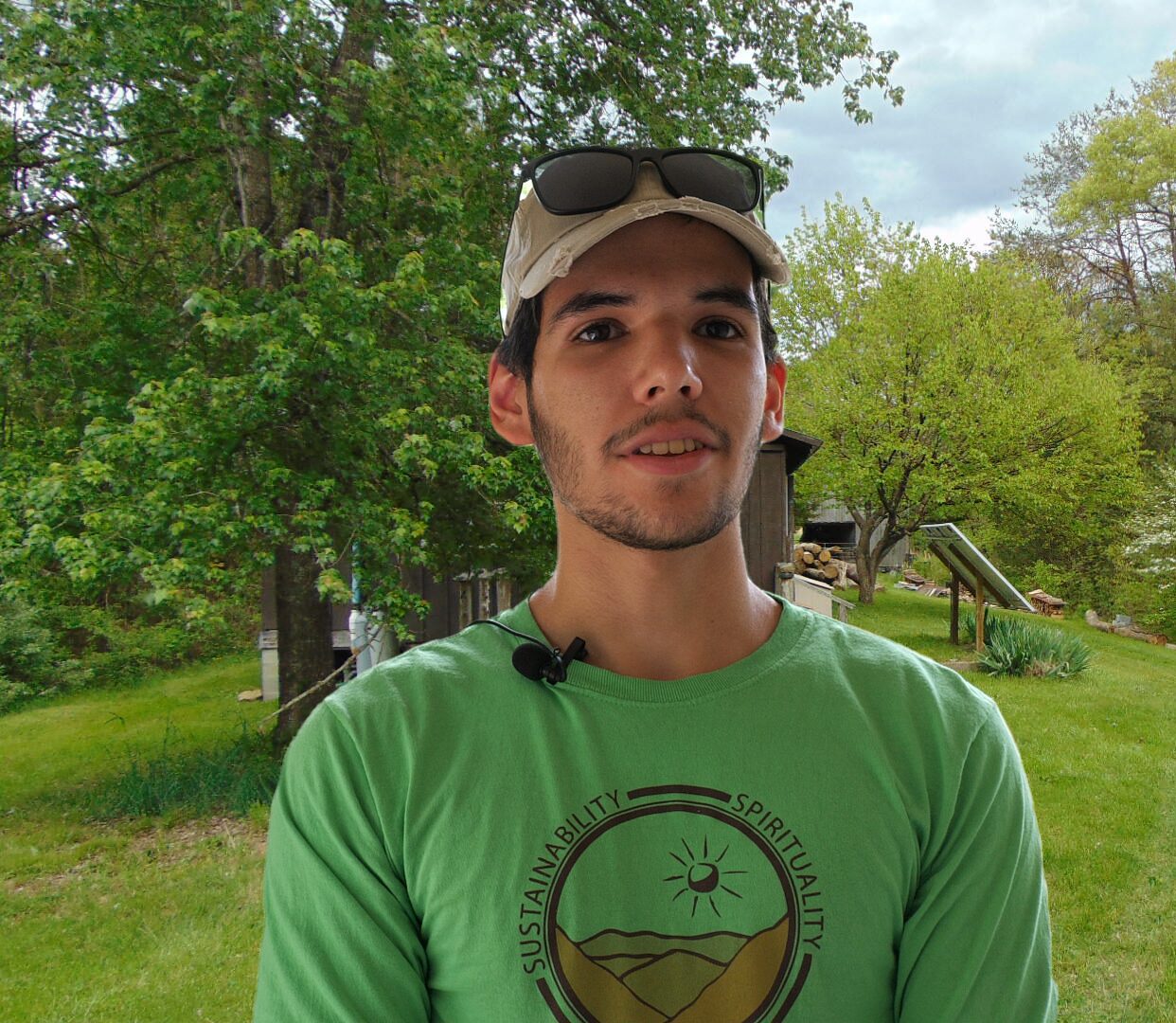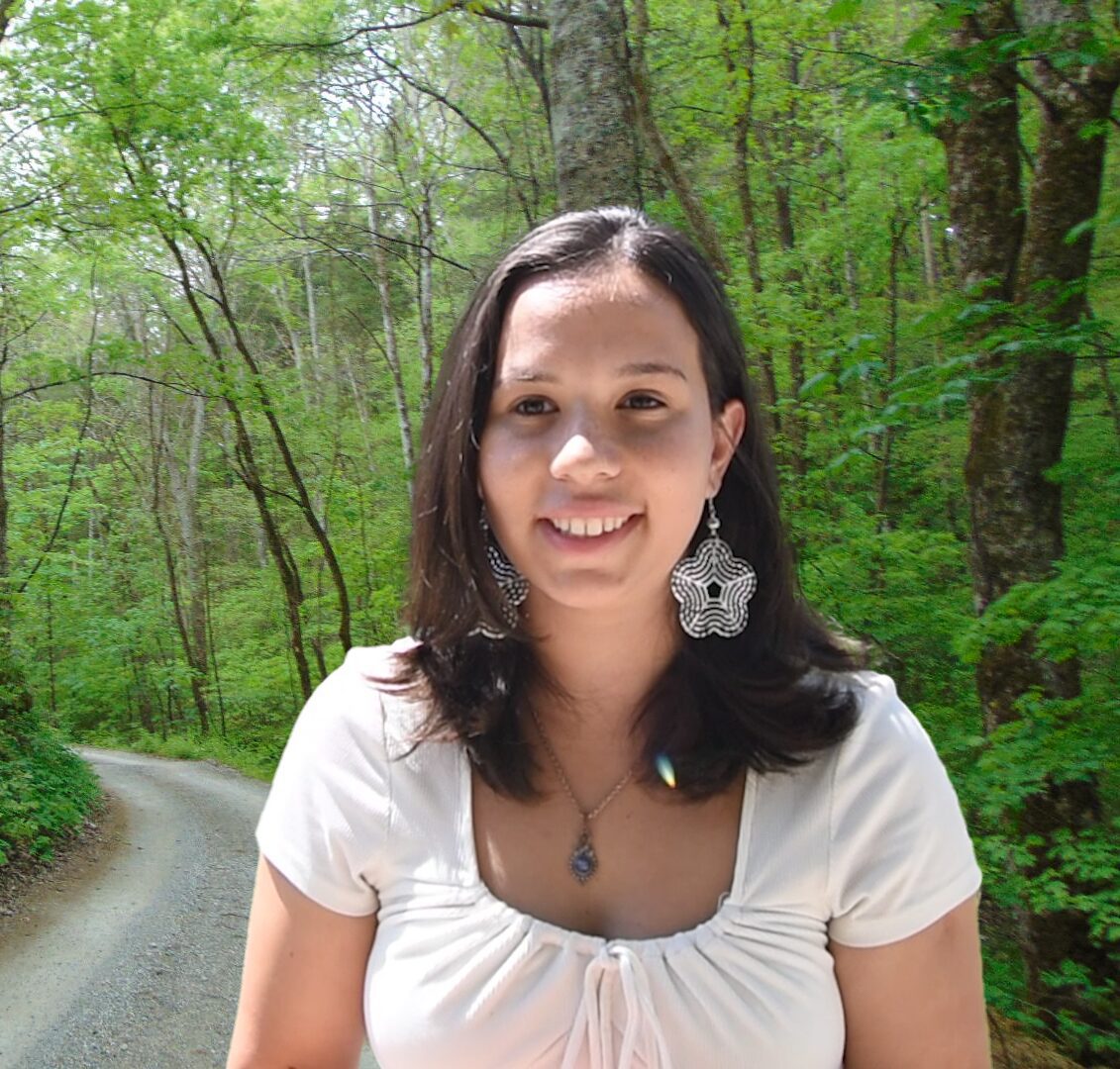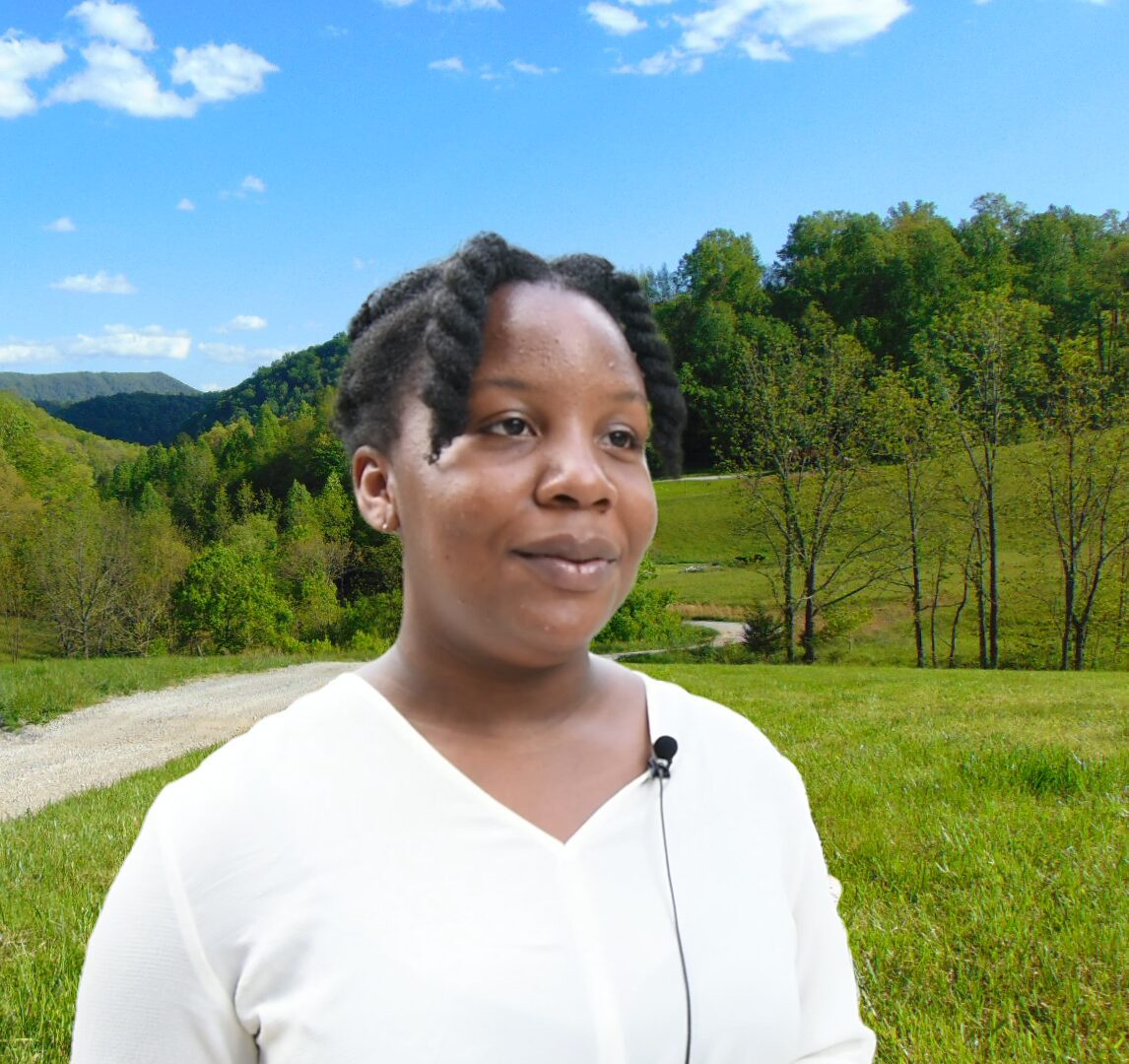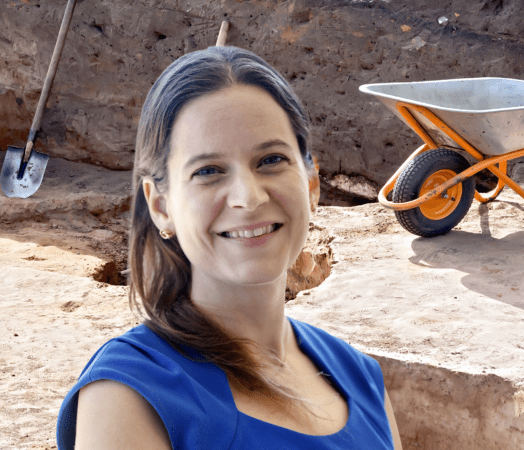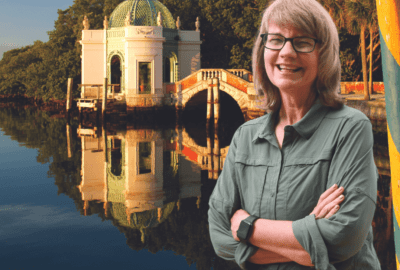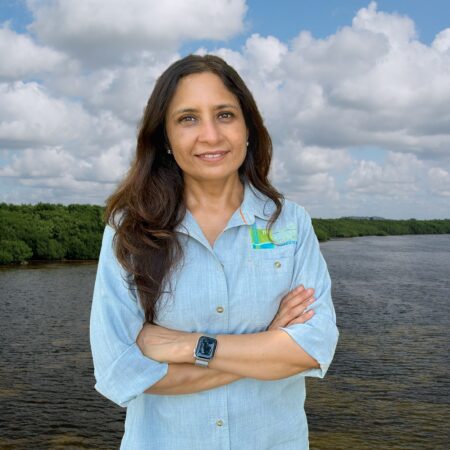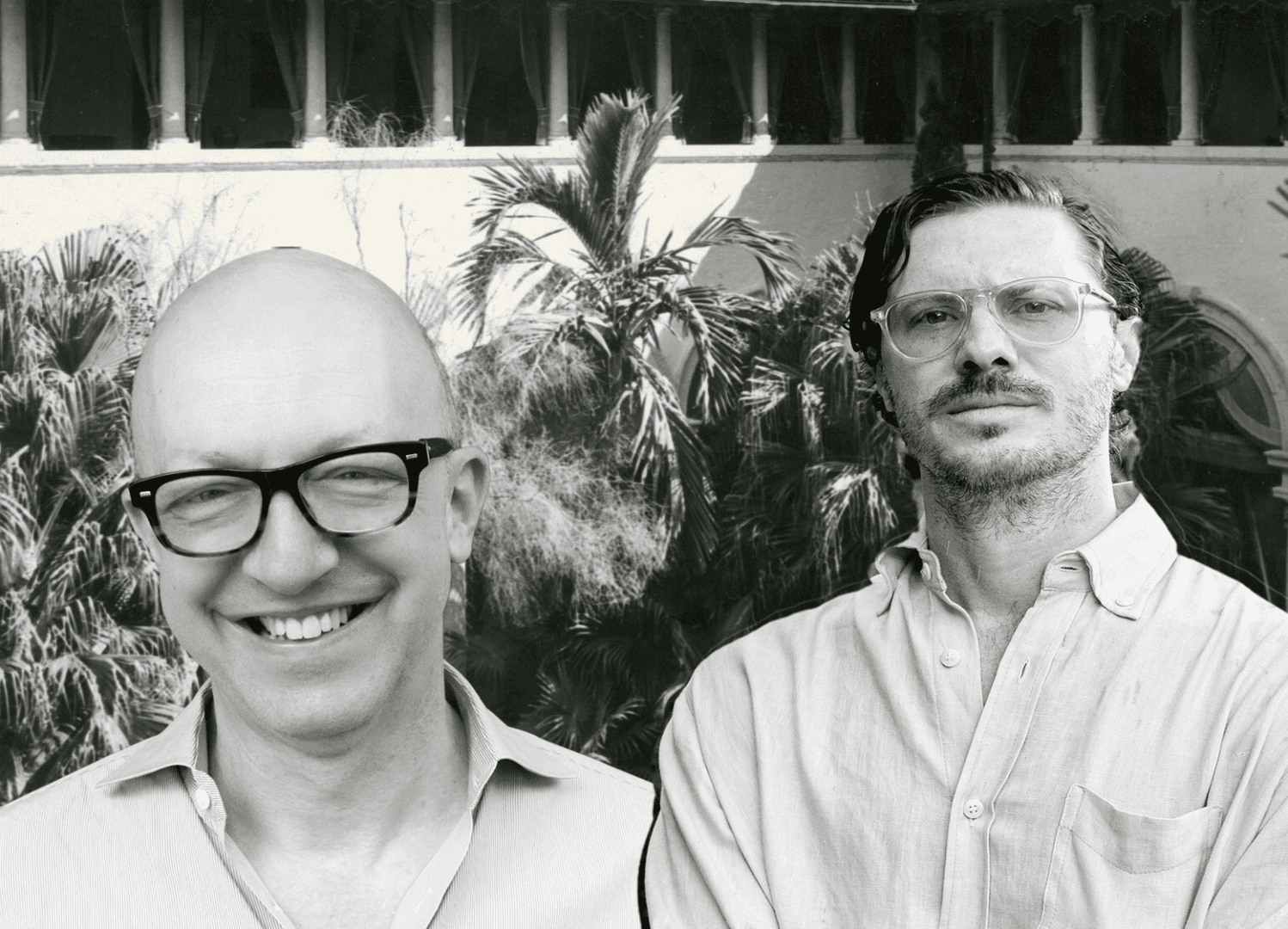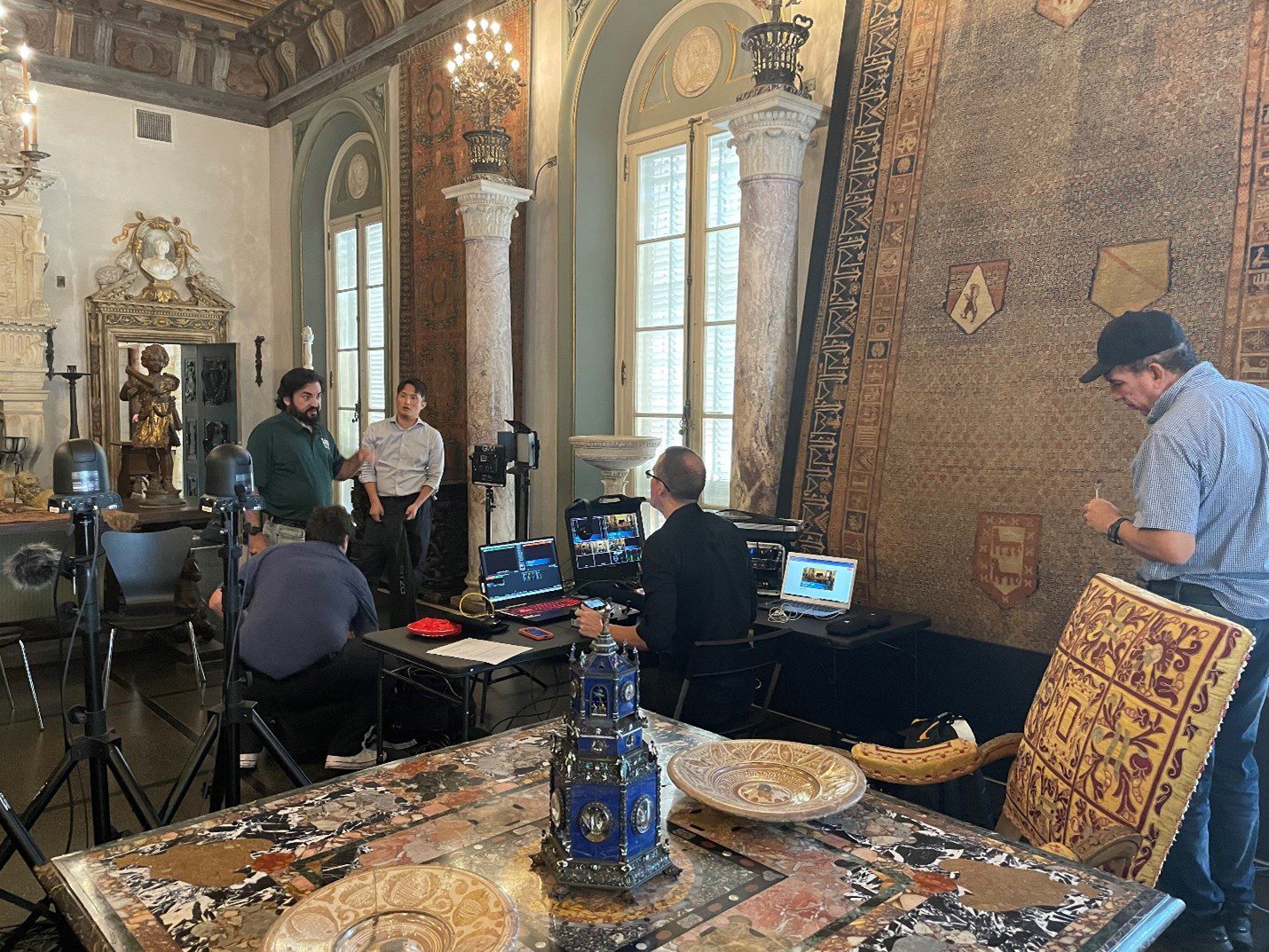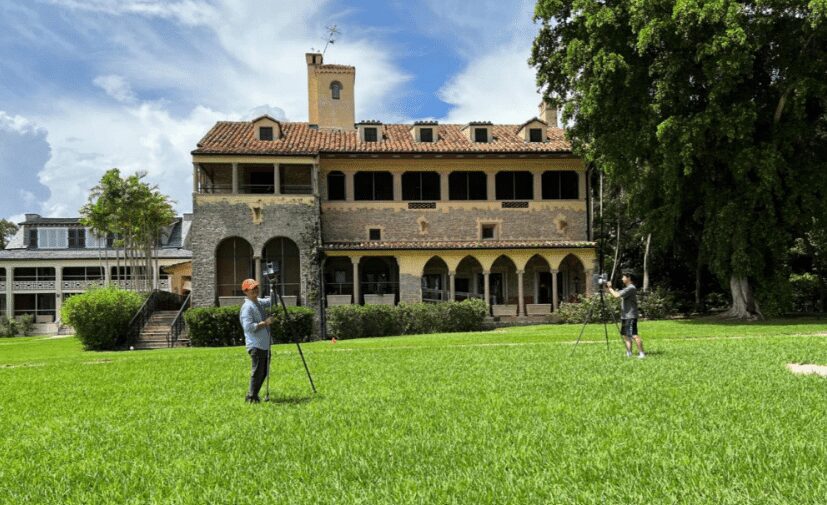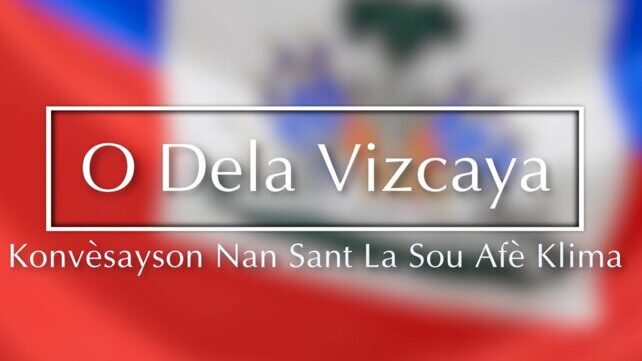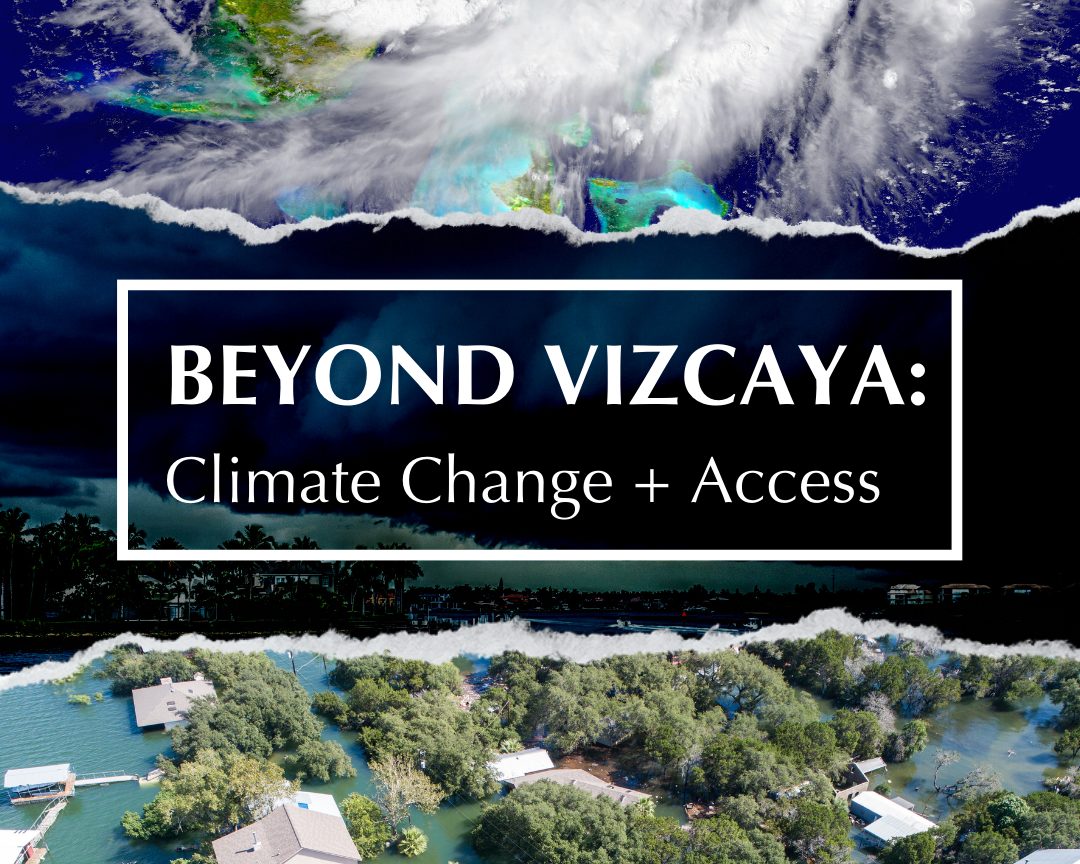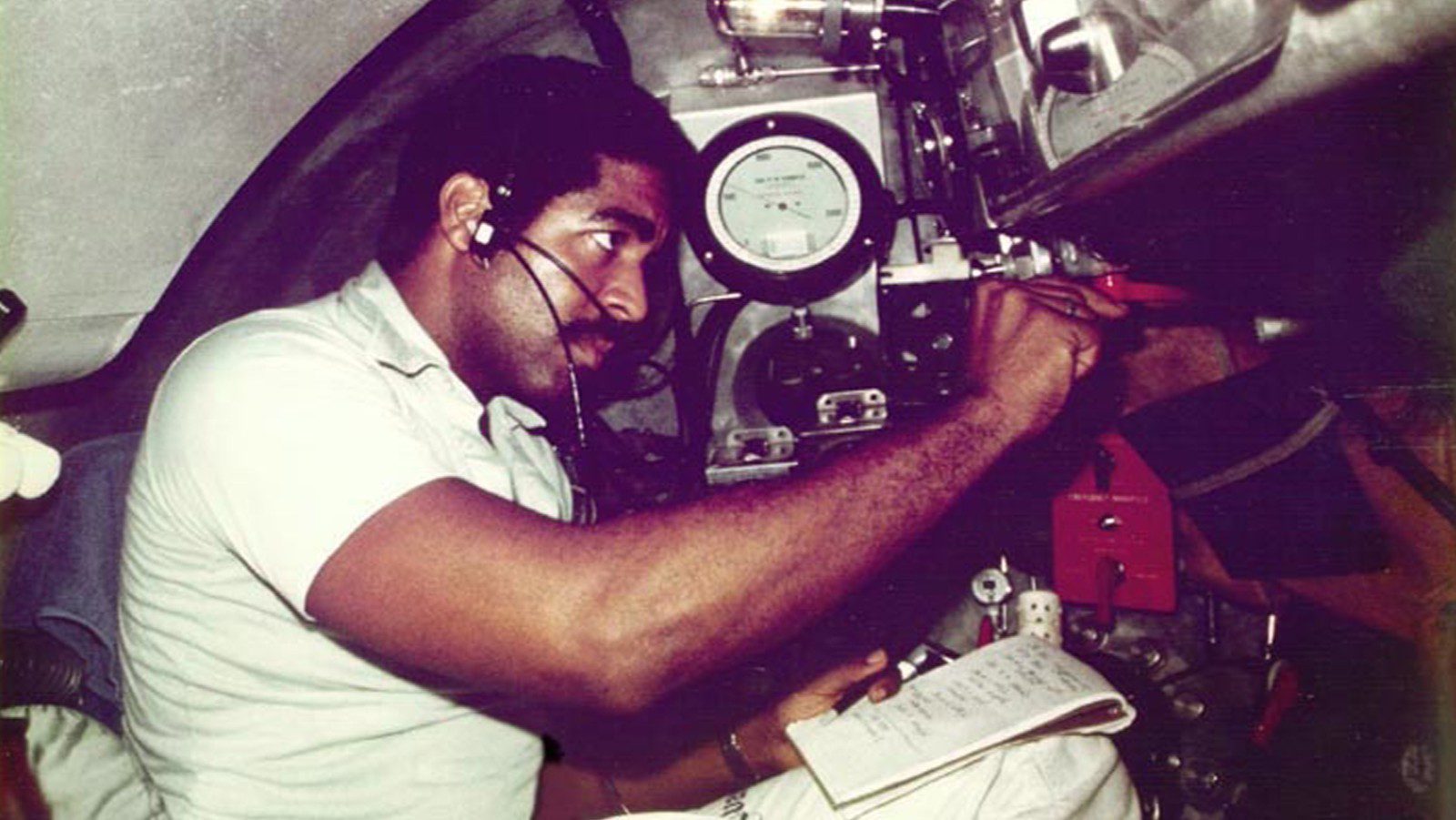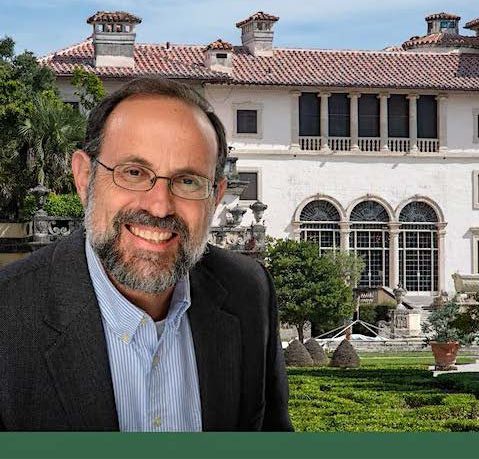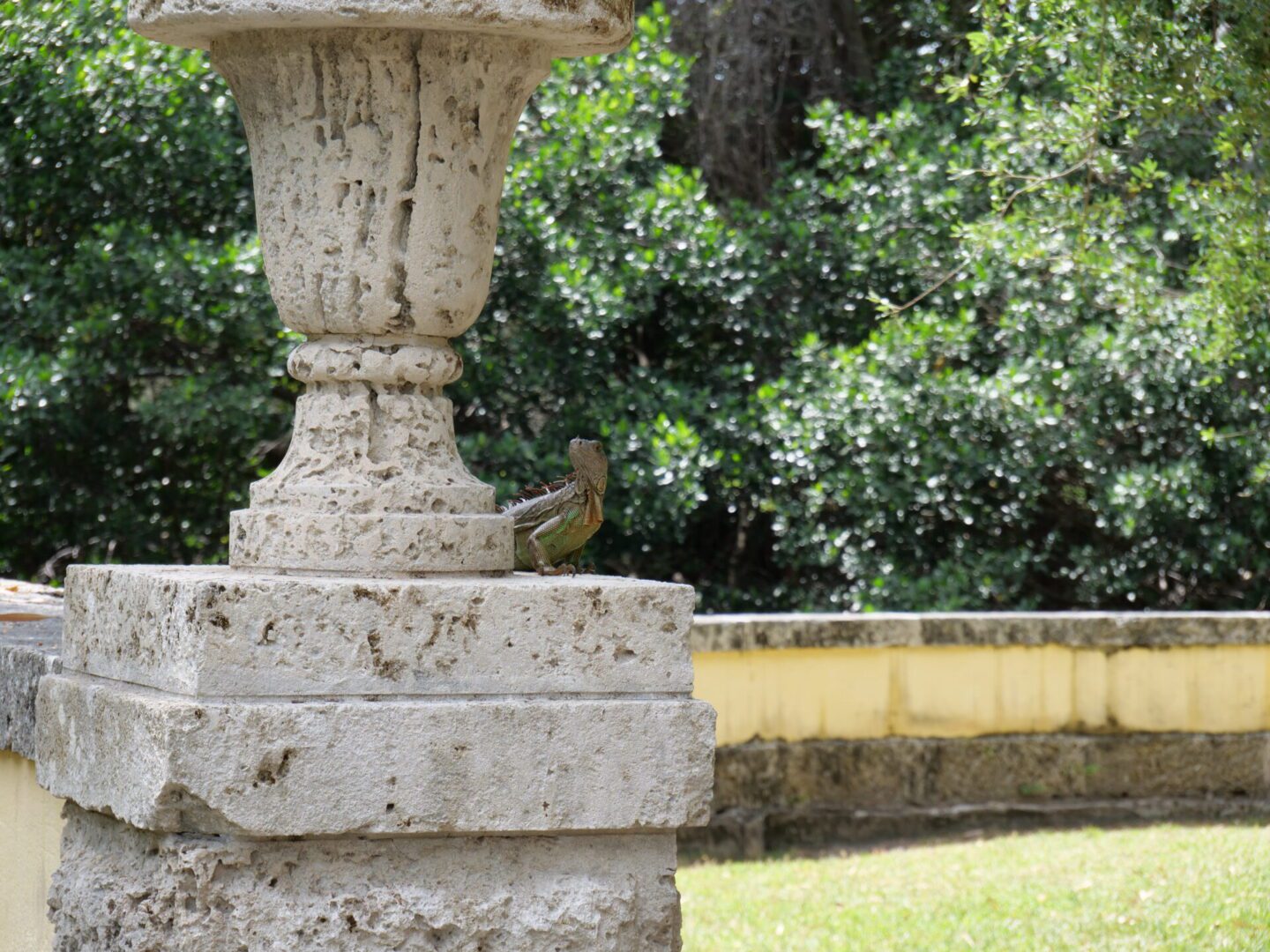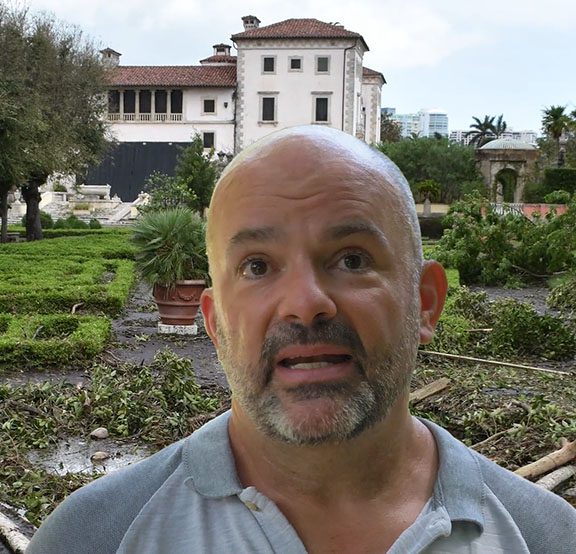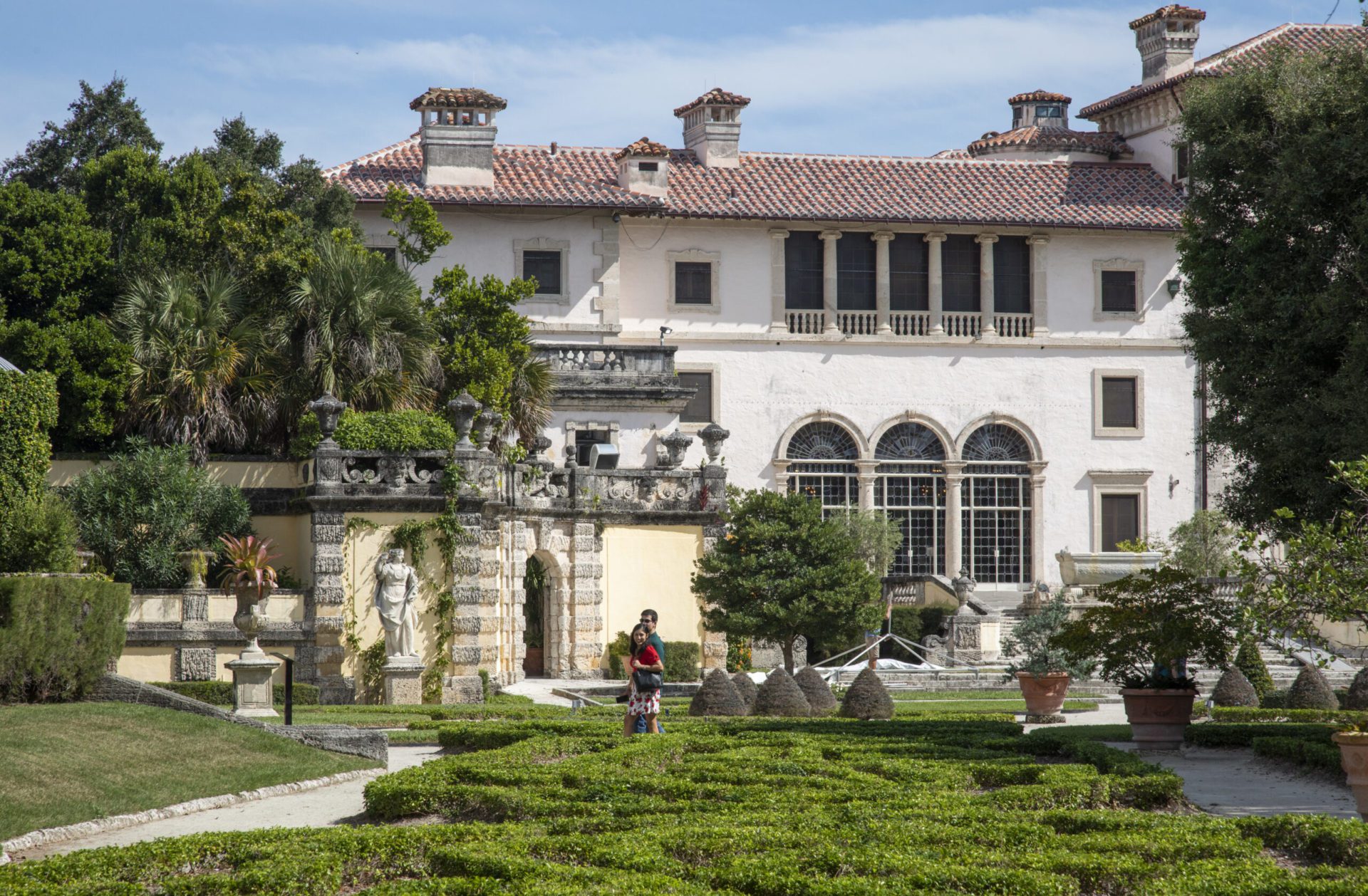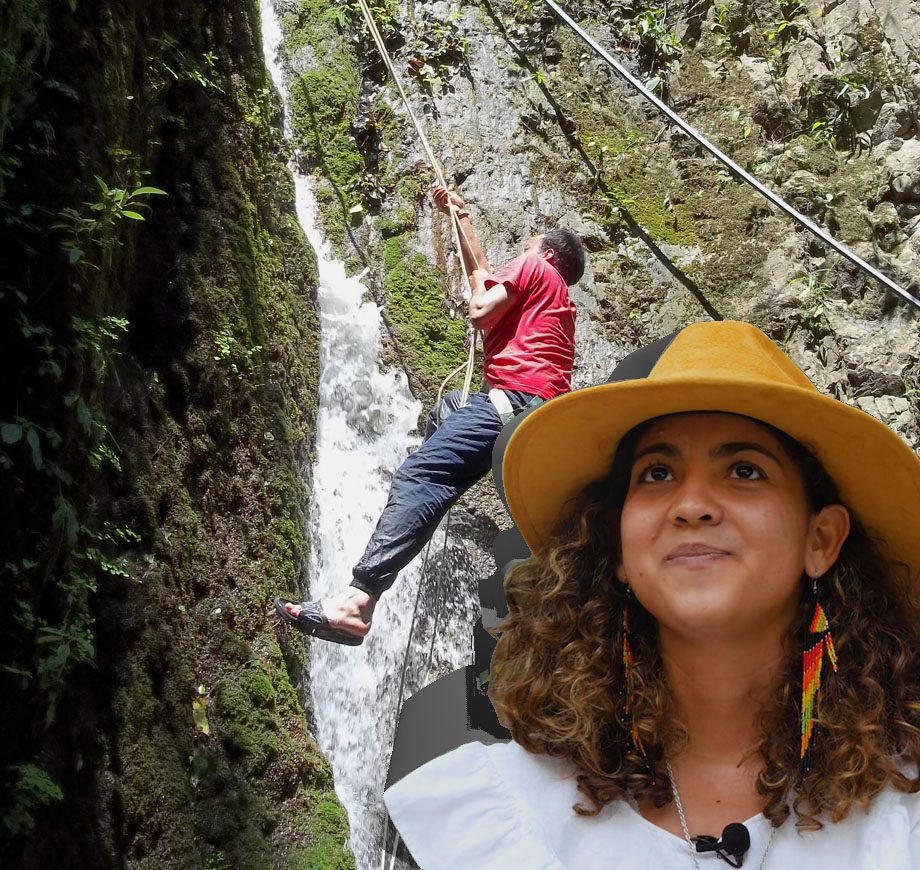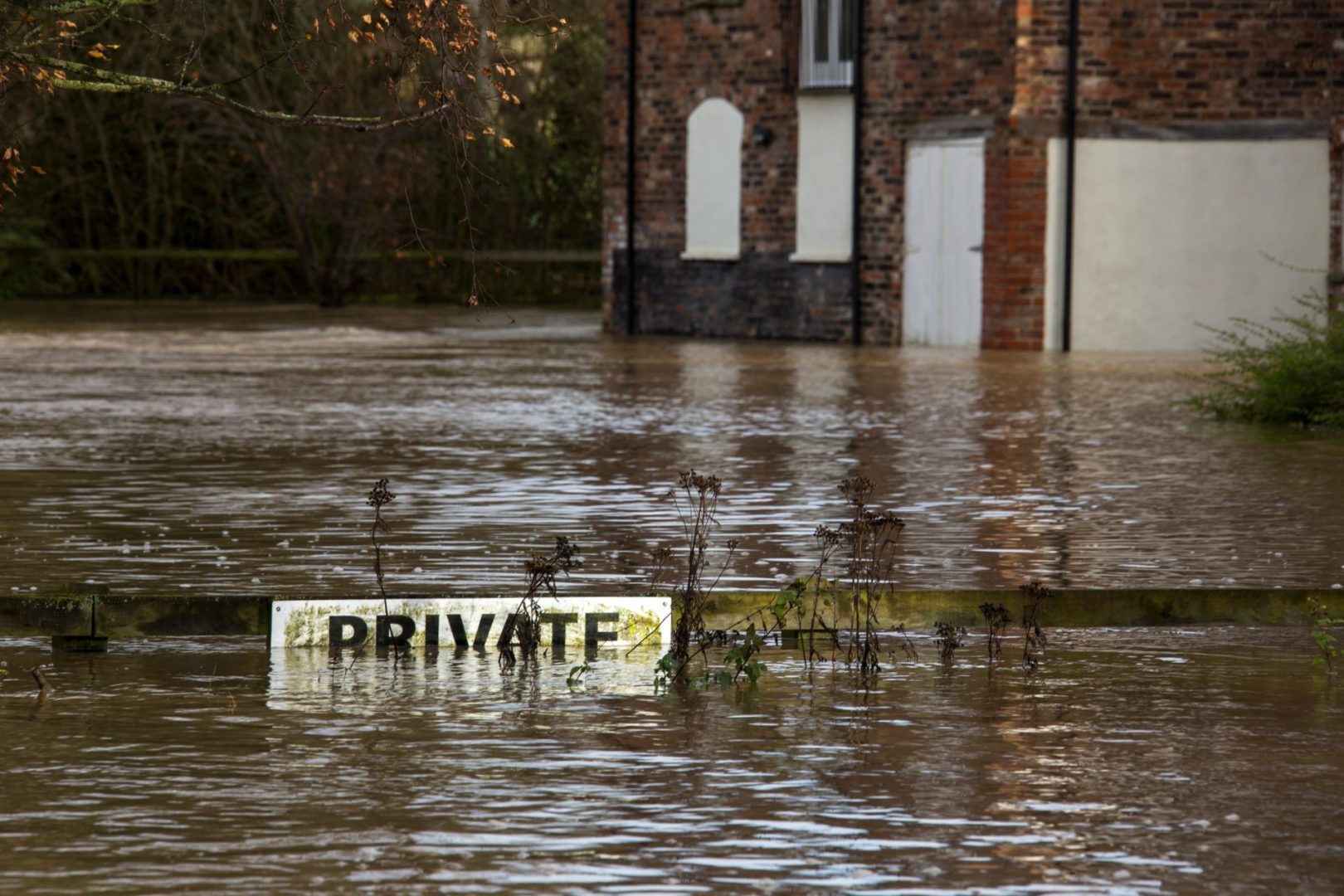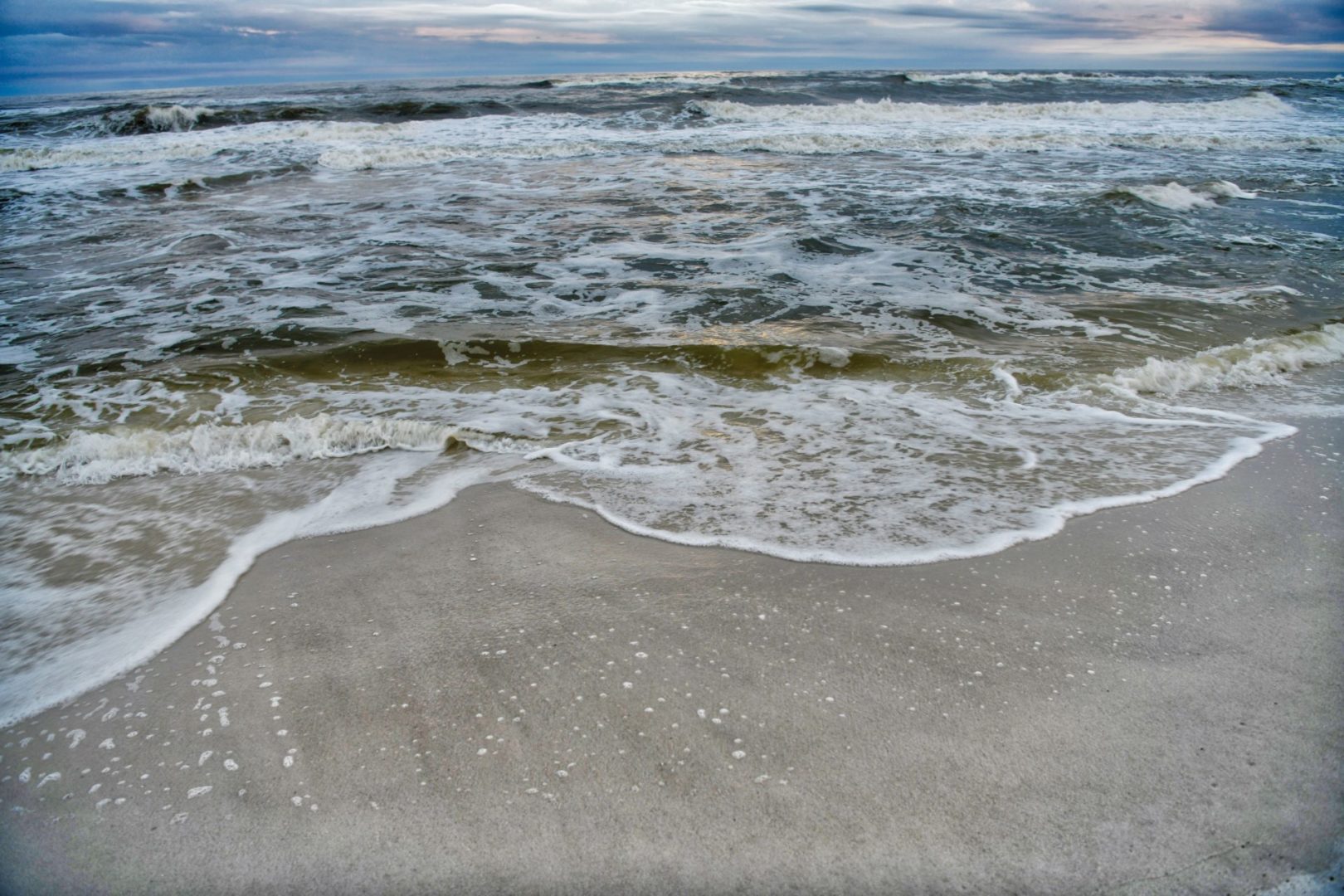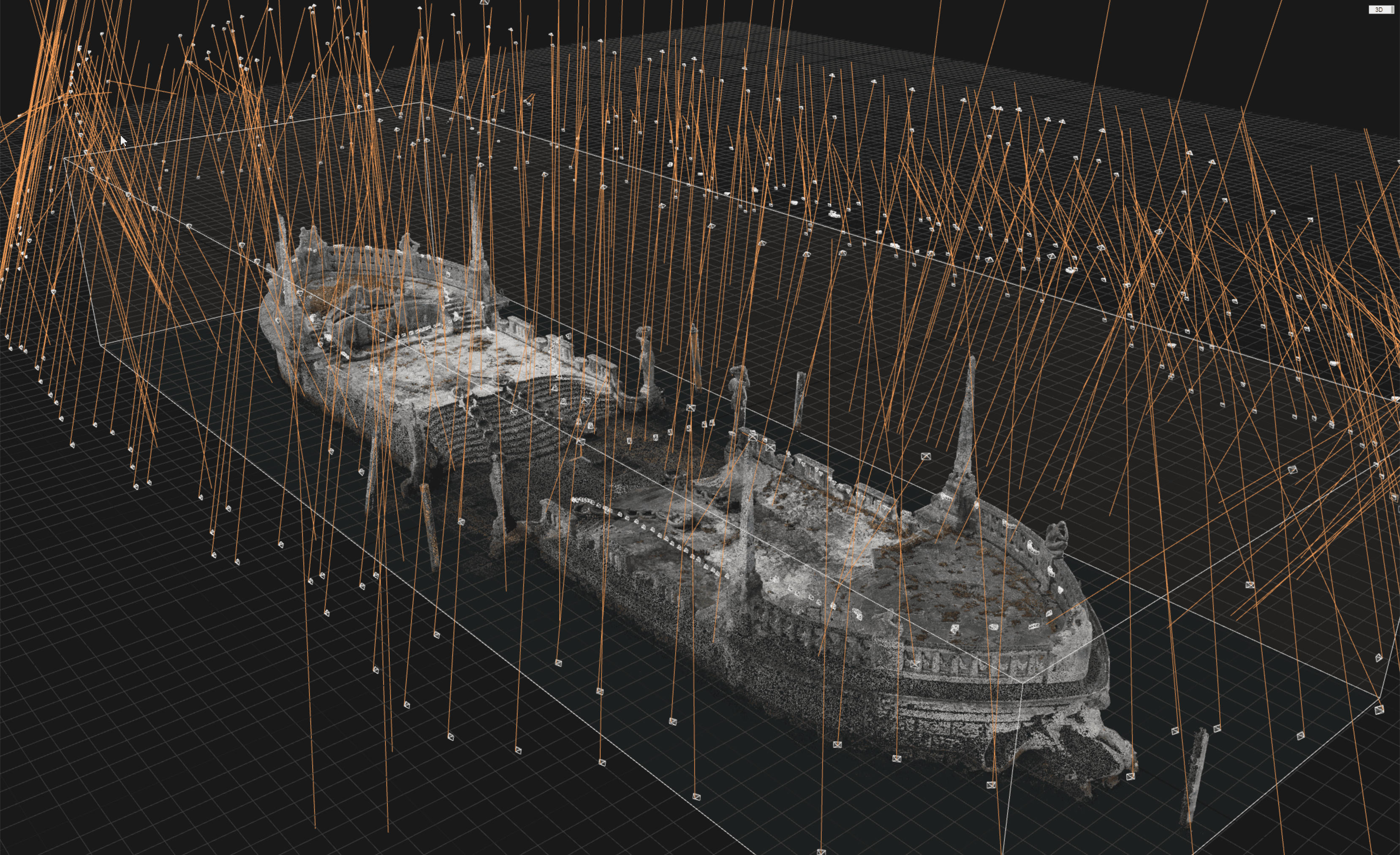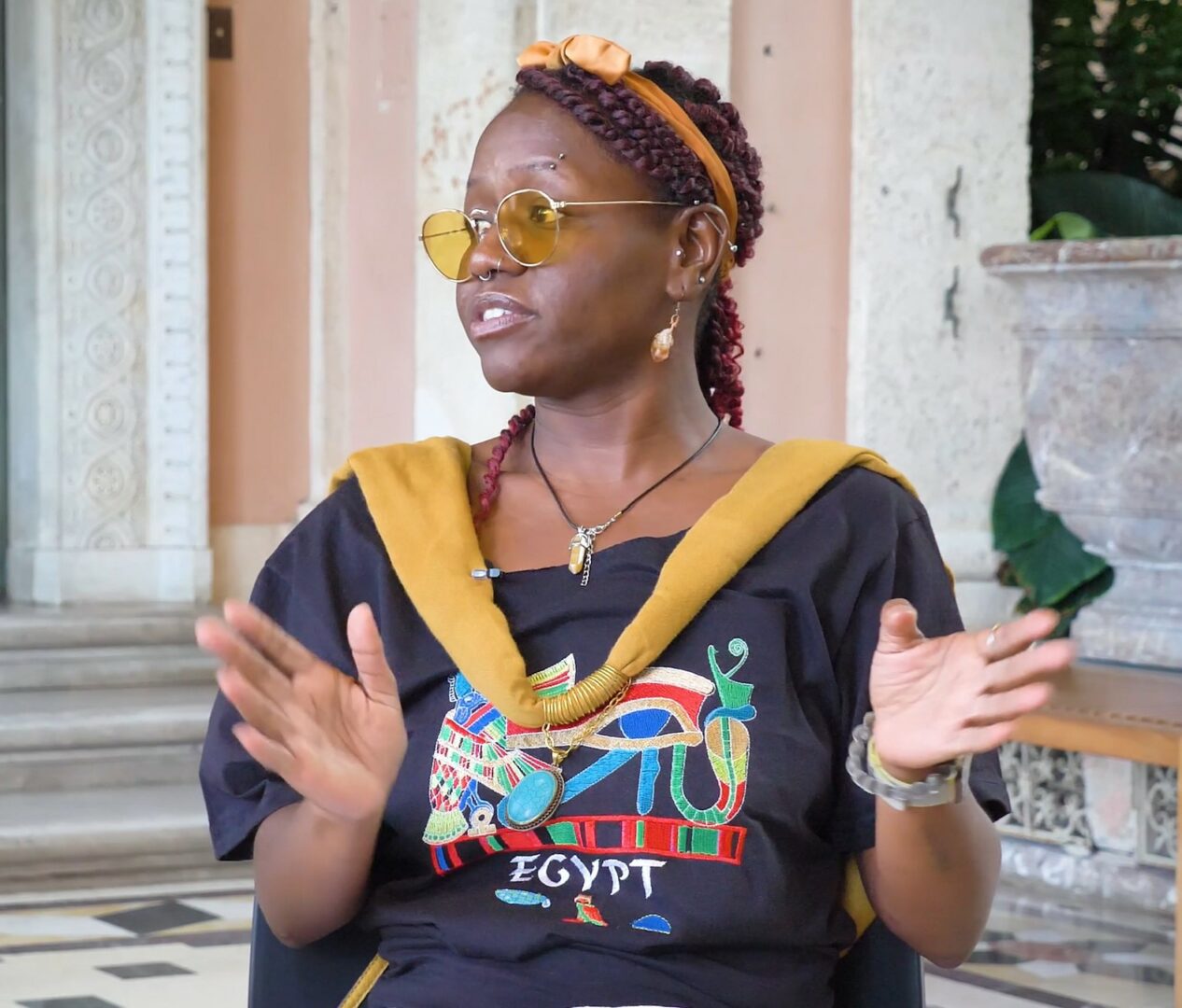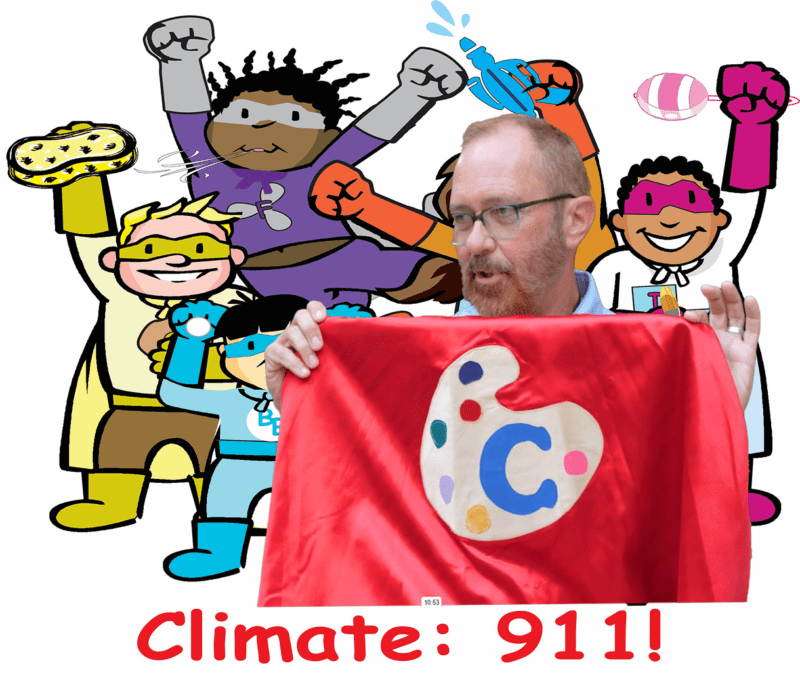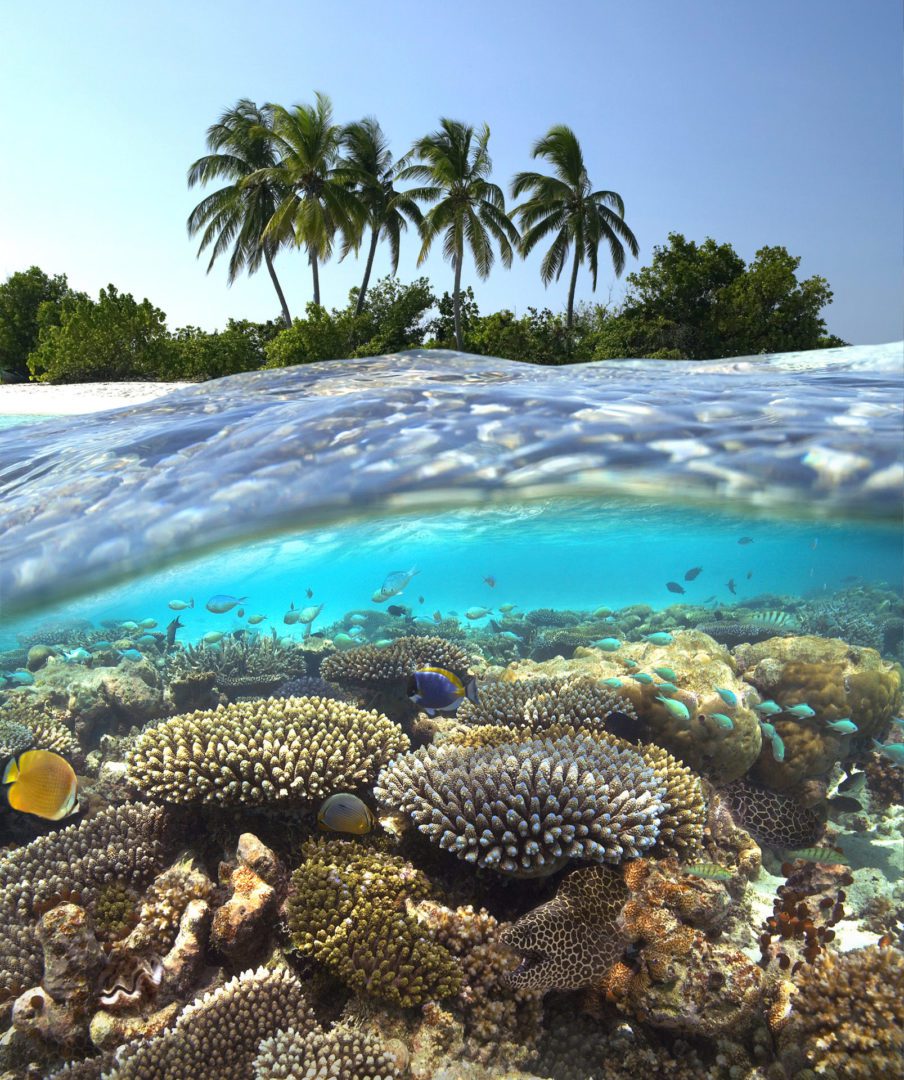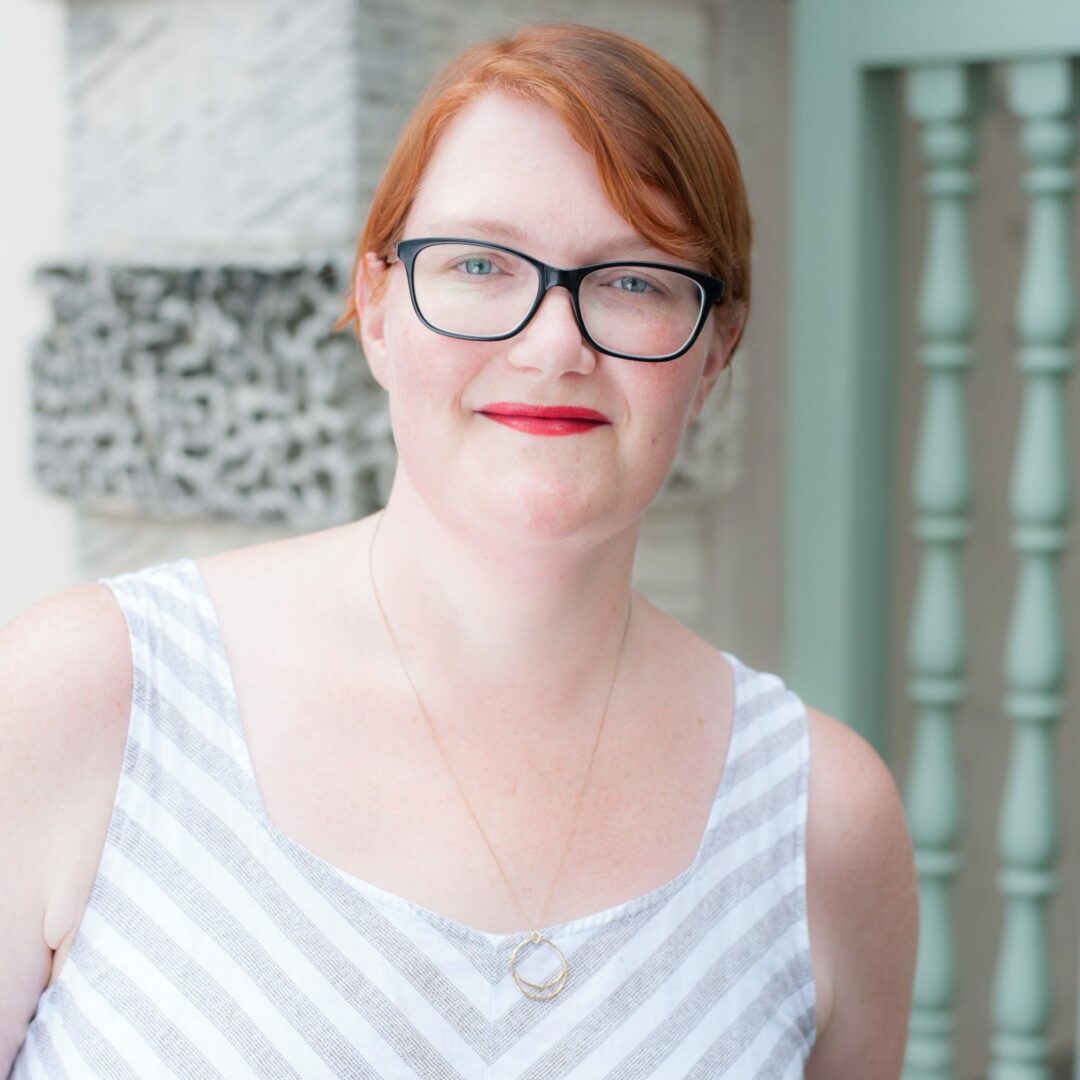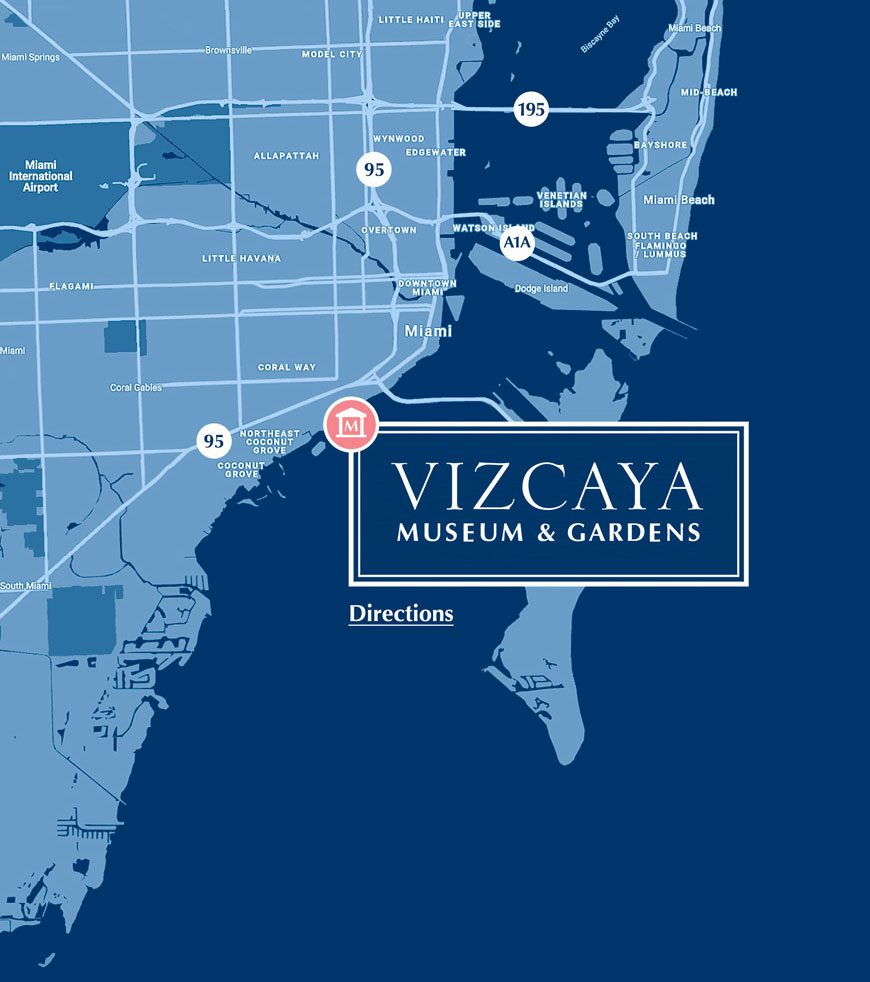CLIMATE AGAINST HUMANITY // CAROLINE LEWIS: ONE BAD HURRICANE AWAY
TRANSCRIPT (Timestamp 00:00):
In 2010, I decided to form a nonprofit because the climate scientists were having temper tantrums. And I know how to break down basic science pretty well because that’s my job, right? And so I said, “Tell me the worst data, Dr. Oneness, Dr. Van Lair.” These are climate scientists based at UM and FIU and all over. And they sat me down and scared the living daylights out of me with the data and the urgency with which greenhouse gases were building up in the atmosphere and what that meant about not having heat escape at the rate it’s supposed to escape. Energy comes in, energy goes out. So when I heard this, I said to them, “Give me six months. I will break this down for the people and they will understand it and they will get it and they will act accordingly and all the elected officials will do the right thing.”
(01:12):
Well, here we are 13 years later and no. So my story kind of goes like this. I was partnered right away with the climate scientists, but I was outreach, top-down, bottom up simultaneously. I’m from Trinidad, so my people are frontline community members. I love them. I feel for them. I want them to find their voice and I want them to share their voice so I give them platforms. But we can’t do anything if we don’t get the political and economic will. So the chambers of commerce and elected officials are my people. So I spend a lot of time speaking to them about the urgency of the data, the scope of vulnerability, and then what we have on our fingertips are solutions. And as you well know, everybody wants to talk about sea level rise. It’s like the gateway drug to get people to talk about…
(02:07):
But for me it’s about heat and health and food and water vulnerability. It’s about population displacement, migration changes. It’s about economic vulnerability. It’s about when you tell people to prepare for and recover from. With what money when I don’t have disposable income? So my outrage went from zero to… I have been in a bad mood for 13 years. And I am an optimist by nature, so the way I save my soul is by giving people hope and pumping them up.
(02:42):
But my story is this. Dr. Oneness, whenever we would team teach into audiences, he would do the hard science, the pulses, the ice melts, the sea level rise, the this, the that. And then he would end by saying, “And if we don’t”… This man is 75 when I met him, he is in his eighties now and he’s brilliant. He goes, “If we don’t get a grip on this, the very fabric of civilization unravels.” And his little hands would go like this. And I would jump up and I would say, “So that’s why we’re counting on you to speak to your elective.” So I was always the optimism that we can do this and we are here.
(03:23):
Fast-forward seven years and people were asking me questions. We were doing climate 101s. We were doing wine and cheese, ask the experts, panels, film screenings, anything to get people to slow down and listen. And they said to me, “Caroline, when should I sell?” And I said, “Well, I don’t know. Depends on how risk averse you are.” They go, “What do you mean?” I said, “If your equity is tied up in your house and you need it, sell now.” We are one bad hurricane away from game over down here, folks. And everybody knows it. Nobody wants to talk about it. We’ve been playing hurricane roulette. Irma gave us a little scare, but we really didn’t get a big bad for more than a decade.
(04:10):
And I went home after I answered that question. I put our house on the market because we had equity in the house. It was a small 1800 square foot in a good area, nine feet above sea level. But I was afraid that I would not get that equity out and I needed it. My husband and I are teachers. We don’t make tons of money. And so the story is that the optimistic Caroline Lewis who would stand up and say, “No, no, no. The very fabric of civilization will not unravel.” In my eyes, it’s starting to. And we have to do what’s right for us and we have to serve the greater good at the same time. It’s not either or. It’s both.


